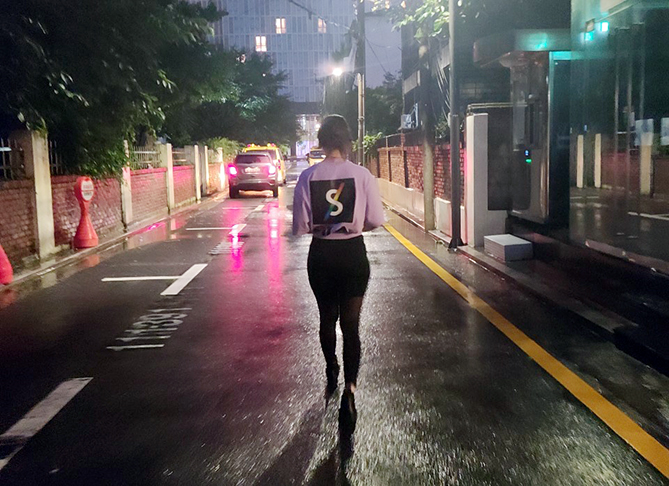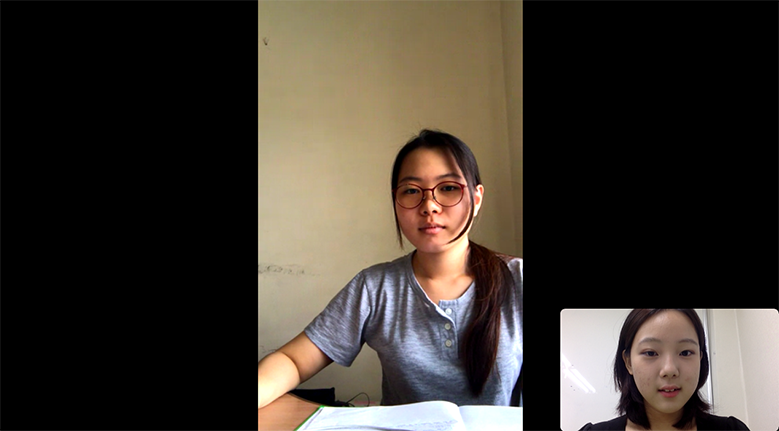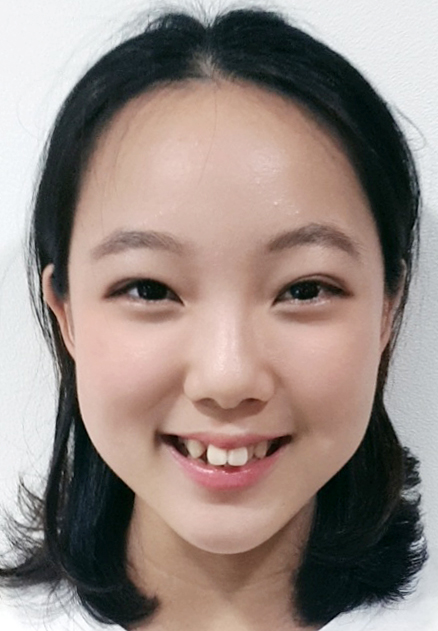More than ever, the athleisure look is in. Women who consider themselves to be fashion enthusiasts love to sport leggings. Of course, Koreans are no exceptions to this trend, which has been intensifying over the past few years. In 2013, Korean leggings companies earned around USD 435, a figure that grew into USD 590 million in 2018. In 2020, leggings companies are predicting their profits to be around USD 632 million. Today, leggings profits in Korea have increased to approximately USD 630 million and continues to grow. One interesting aspect of today’s athleisure trend is that leggings purchasers are not necessarily headed to the gyms. Even a country as liberal as the United States has had major controversies over the past decade surrounding the propriety of leggings, which makes the issue in Korea, a country with an extremely conservative background, not much of a surprise. While some claim that it is a matter of choice, others argue that there is an appropriate time and place for clothing. Which, can we judge, is “right?”
This heated discussion began in July 2020, when someone uploaded a photo of a woman hiking while dressed in leggings on Nate Pan, a famous online platform in Korea where users freely discuss and share stories or anecdotes, and someone else replied: “please don’t hike with just leggings on.” The photo revealed the posterior of a woman wearing leggings, which started a whole discussion in Korea about whether leggings are appropriate. What Nate Pan users were most repelled by is the bum and the “Y-zone” (Korean equivalent of the Western expression “camel toe”) that leggings tend to accentuate. Many in Korea are scornful of such unprecedented exposure, as Korea has always been a country that emphasizes clothing that covers rather than reveals the body. It had been inconceivable for people to be wearing such tight pants in public until the very recent fitness trend.

Arguments are divided over the propriety of leggings. Advocates stress their comfort. Hyo Sim Lee, a woman in her 40s, claimed, “Leggings are no different from pants. They cover our entire legs and at the same time are much more liberating than tight jeans or pants. Why should I be in the wrong for wearing what I deem comfortable and fashionable?” Lee added that people should have the freedom to wear any attire they want as long as it is not revealing private parts.
Hee-Eun Lim, another female advocate of leggings, argued that fashion is a trend that people just have to get used to. “We’re living in a rapidly changing world, and we grow accustomed to new trends and styles quickly. 10 years ago, people used to think ‘hotpants’ (an English-derived Korean term used to refer to any pair of extremely short shorts) were inappropriate. Now, no one stares uncomfortably at people wearing hot-pants. It’s everyone’s favorite attire in the summer.” Lim thinks that such “fashion acclimation” should likewise occur soon enough for leggings. “Leggings have already become a common athleisure outfit. People just have to get used to the changing trend and embrace it.”

Opponents of leggings had a lot to say as well. Yeon Ji Jeong, a teenager living in Korea, argued, “I wish people didn’t wear leggings as casual street wear. I don’t like to wear leggings with a top that reveals my bottom because it draws attention from others. I believe there’s an appropriate attire for each place and time. I mean, I even stare at women who wear tight, revealing clothes.” When asked about her thoughts on how men or boys perceive leggings, Jeong said, “Guys would definitely stare if girls wear leggings. I think all guys would look even if you didn’t have the best physical traits.”
So far, our society does not have clear laws on the violations and infringements that arise from the revealing nature of leggings. Additionally, when the questions of freedom and propriety collide, it is difficult to settle the issue of what is socially “appropriate” or “acceptable.” It will take some time for people to embrace this morphing perception on leggings, which may have to be supported by some strict regulations and laws. Whatever the answer might is, it is always be up to our collective discretion to make our society a more comfortable place for everyone.

Soo-A Hong
Sophomore (Grade 11)
Cebu International School

